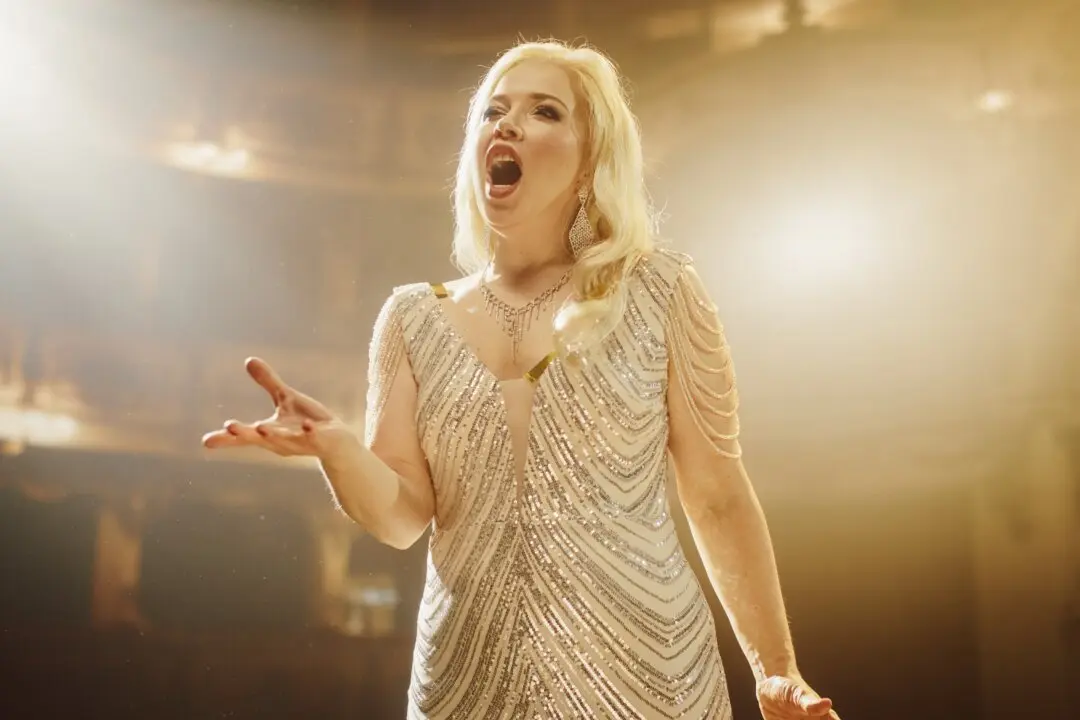Commentary
The Regency Era of England was named thus because it was when the future King George IV ruled as Prince Regent of the United Kingdom while his father, King George III, suffered declining sanity. Although this period only officially lasted from 1811 to 1820, the Regency Era is often categorized as the longer period of approximately 1795 to 1837, when Queen Victoria took the throne. This period was immortalized by Jane Austen’s novels and has recently been popularized by the trendy series “Bridgerton.”





